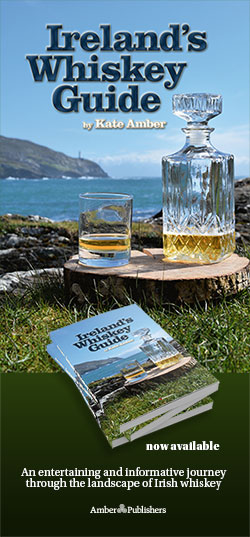In the 17th century as Charles II sat on the throne, the British crown suffered as always, from a scarcity of funds. There is not much difference between today's government and the Monarchy in those days, although the methods to come by more money are a little different today than they were then. The Chancellor of the Exchequer was constantly trying to find new sources of income. In those days, it was already known that there was frequent illegal distilling and since there was no tax paid on that alcohol, therefore they were losing a lot of potential income.
They also wanted to control the distillery industry more carefully so that they could be sure they were getting all of the tax possible. Tax paid on each bottle of whisky did not disrupt the fact that barrels could be bought illegally. By the taxing of barrels, you couldn't be sure if you had managed to encompass all the potential product from a tax point of view. Therefore, the monarchy decided on the 24th of December 1661 to bring in a new tax on a special part of the production process. There was to be a tax on Barley malt which is used for the fermentation process, the thoughts behind this was that was one way to ensure that distilleries would pay their tax no matter whether they sold the product or not.
However, what the monarchy did not consider was that although the nature of the Irish is to not take life and rules too seriously, they do take whiskey tax seriously. So, it wasn't too long before they found a solution to this tax problem - a ‘work around’ if you will.
Up to this point barley malt had been used in the production of whisky however through this implementation of the new tax the Irish discovered a replacement mixture of barley malt and unprocessed barley. To this day, this mixture is described as pure pot still whiskey which I would better describe as’ tax avoidance whisky’.
Whatever you want to call it, the year 1661 was the year a British King acted as ‘Mid wife’ to the birth of Irish whiskey. So therefore, it doesn't matter who discovered this golden liquid, what is important is who was the first to produce pure pot still whiskey because this is actually the real whiskey; Irish Whiskey!
Here we have another example of a happy discovery, of another situation where necessity being the mother of all inventions, in this case though the necessity was tax avoidance. Since the distilleries didn't want to pay the new tax they were forced to think of something new and that’s how they discovered a drink with a truly exceptional taste; Irish Whiskey.
All the arguments about who discovered Whiskey all don’t matter, whether it was Scotland or Ireland - doesn't matter. What does matter is that Ireland's whiskey is something truly exceptional just like the whole Island.






